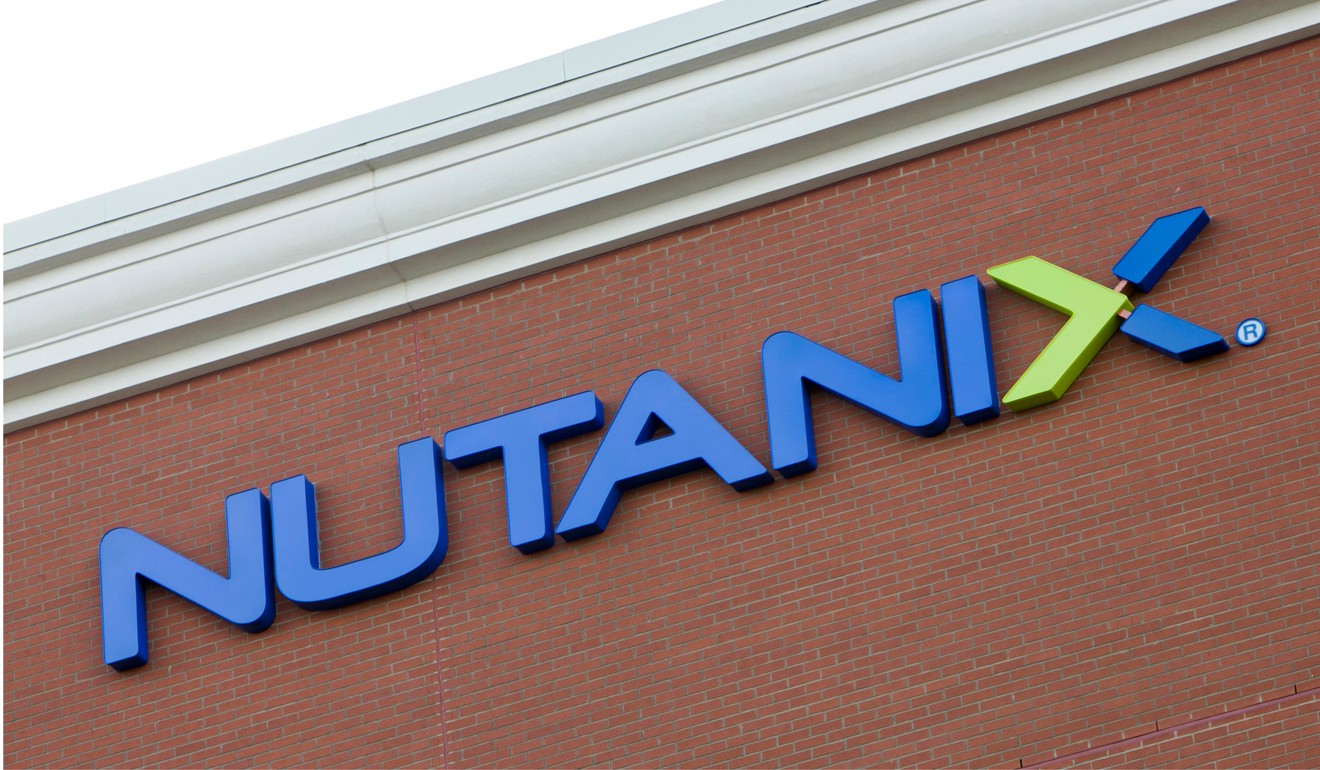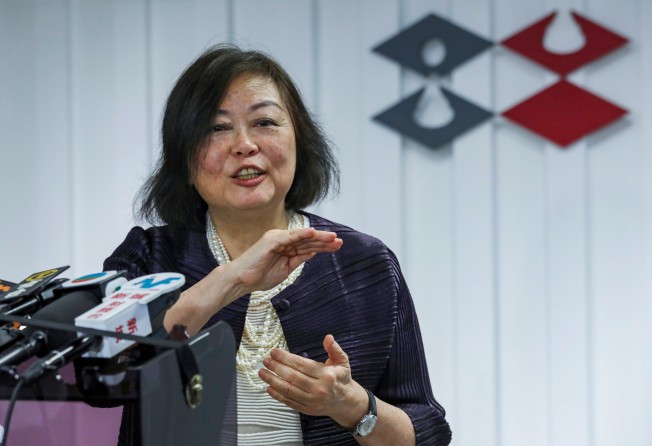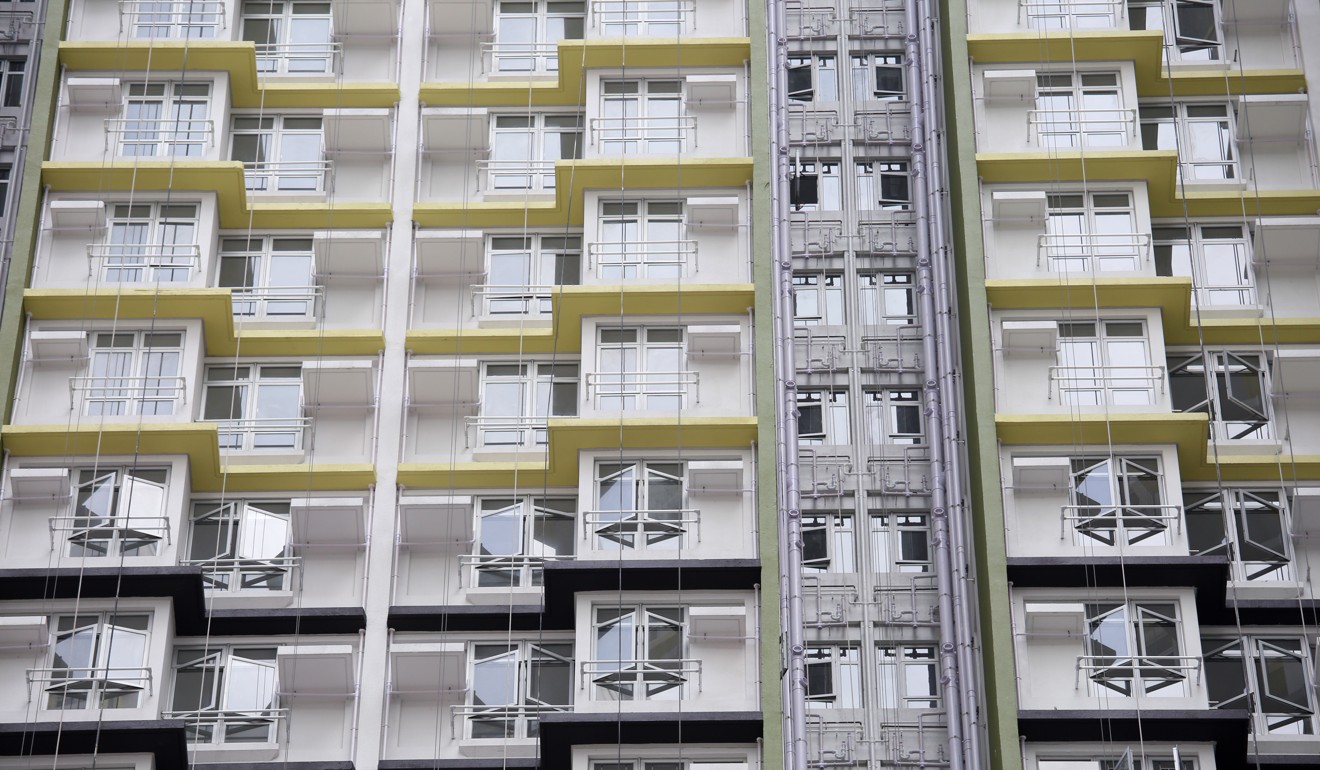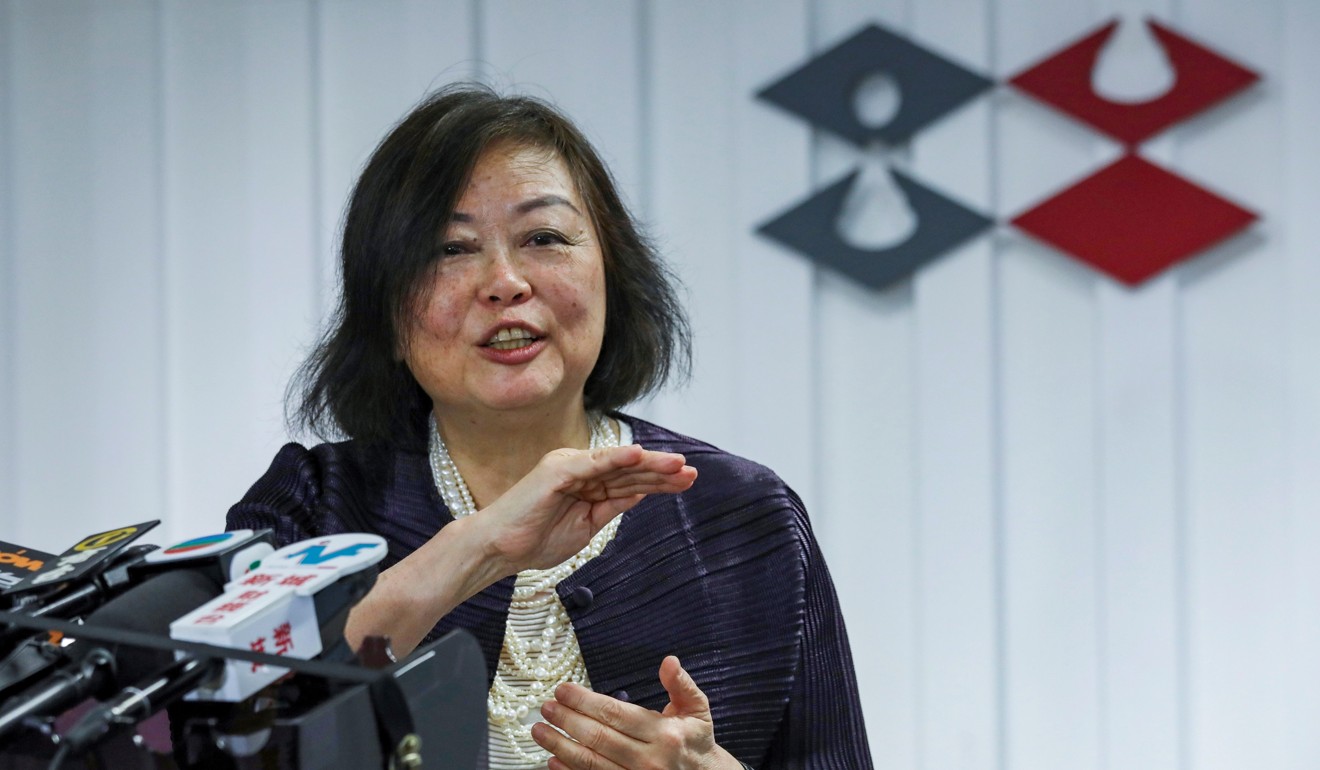
Four tech firms and 10 decorating contractors involved in bid-rigging and price-fixing, Hong Kong tribunal rules as watchdog scores first two victories
- The 14 companies first to be found contravening rules concerning antitrust agreements since Competition Commission launched cases
- Competition watchdog happy to learn about its ‘hard-earned’ victory

Four technology firms and 10 decorating contractors distorted market competition through bid-rigging and price-fixing, according to the first rulings handed down by a Hong Kong tribunal on Friday.
The 14 companies were the first to be found contravening rules concerning antitrust agreements since the Competition Commission, Hong Kong’s antitrust regulator, launched its first two cases in 2017.
The Competition Ordinance came into effect in December 2015.
In the first case, the commission took five information technology companies to the Competition Tribunal over a tender for the installation of server equipment issued by a social services organisation, the Hong Kong Young Women’s Christian Association (YWCA), in July 2016. The new server system was based on technology from Nutanix Hong Kong.

The tribunal found four firms had engaged in a bid-rigging exercise to help a specific bidder, BT Hong Kong. The case against one firm, SiS International, was dismissed.
The four companies made various agreements to procure the submission to the YWCA of dummy bids with higher prices to help BT Hong Kong win.
“The bilateral agreement between Nutanix and BT, the trilateral agreement between Nutanix, BT and Innovix, and the bilateral agreement between Nutanix and Tech-21, each had the object of preventing, restricting or distorting competition in Hong Kong,” tribunal president Mr Justice Godfrey Lam Wan-Ho said.
“Each of the three agreements falls within the definition of ‘bid-rigging’ and, as such, within the definition of ‘serious anticompetitive conduct’ [in the ordinance].”
The second case involved 10 contractors which undertook decoration work on several flats at On Tat Estate in Kwun Tong from June to November 2016. They were accused of engaging in a concerted practice for market sharing by designating specific floors among themselves.

The watchdog had also alleged that they jointly produced a promotional flier distributed to tenants setting out certain package prices, arguing that this conduct amounted to price-fixing.
The tribunal found the contractors would decline business from tenants who did not live on their allocated floors and instead would direct them to the firms that had responsibility.
“This agreement was implemented, resulting in the pattern of distribution as found. Such conduct consisted of the allocation of the market for the supply of services and hence constituted ‘serious anticompetitive conduct’,” Lam said.
“Both the floor allocation arrangement and the package price arrangement had the object of preventing, restricting or distorting competition in Hong Kong.”
A further hearing would be fixed separately on what orders should be made for the two cases, including penalties and costs.
The commission was happy to learn about its ‘hard-earned’ victory and the ruling meant a lot to it, chairwoman Anna Wu Hung-yuk said.

“The tribunal has spoken. It has set a precedent for us. It has told us how these rules should be interpreted and these rules apply to the entire commercial world,” she said.
“The commission believes these two cartel cases are just the tip of the iceberg in their sectors, and of the complaints and inquiries received so far, construction and information technology are among the most complained against sectors.”
The judgments would have a deterrent effect, she added.
The commission believes these two cartel cases are just the tip of the iceberg in their sectors
Wu said she respected the ruling on SiS International and that the company was not a major player in the scheme.
“The one that was not successful was based on a minor role and there were technical issues. We will need to deal with it at some point in the future,” she said.
Wu said the commission would discuss the SiS case further before deciding whether to pass it to other law enforcement bodies.
The commission had one case under legal procedures, and Wu hoped the standards set in the first two would reduce disputes on some technical issues. There were still some cases under investigation and might be brought to the tribunal but she said she could not reveal a timetable.
Since the law became effective in 2015, the commission had received more than 3,600 complaints and inquiries. Around 60 per cent were believed to be related to cartel conduct, the regulator added.